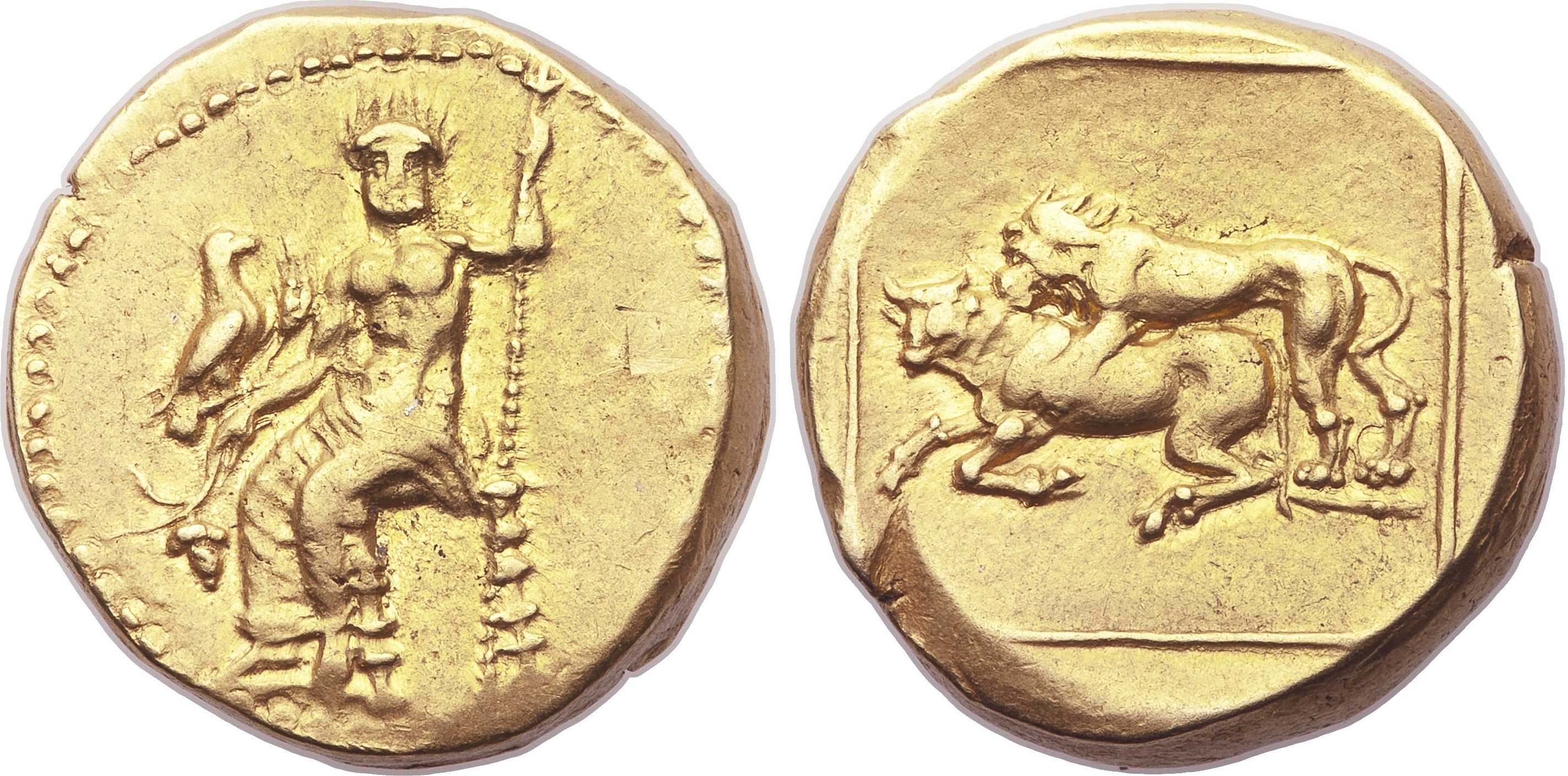
“Dictatorship naturally arises out of democracy and the most aggravated form of tyranny and slavery out of the most extreme liberty.” – Plato
By Jim O’Neal
During the Peloponnesian War (431-404 B.C.), Athens was ultimately defeated by the Spartans. Athenian democracy was twice suspended. In 411 and 404 B.C., Athenian oligarchs claimed that Athens’ weak position was due to democracy and led a counter-revolution to replace democratic rule with an extreme oligarchy. In both cases, democratic rule was restored within one year.
Democracy flourished for the next eight decades. However, after the Macedonian conquest of Athens under Phillip II and his son Alexander (later Alexander the Great) in 332 B.C., Athenian democracy was abolished. It was intermittently restored in the Hellenistic age in the 1st and 2nd centuries B.C., but the Roman conquest of Greece in 146 B.C. effectively killed it off.
Although democratic rule had been quashed, Athenian science and philosophy lived on. The renown and influence of Plato and Aristotle endured through the ages that followed and much of their work continues to influence Western thought to this day.
It is ironic that Aristotle tutored Alexander the Great at age 16 since throughout antiquity, Alexander was widely viewed as the most remarkable man who ever lived. When his father was assassinated in 336 B.C., he secured the Macedonian throne by destroying his rivals, forcing the Greek city/states to accept his authority in 334 B.C. and then marching into Asia Minor (modern-day Turkey) at the head of an army of 43,000 foot soldiers and a cavalry of 5,500. At its heart lay the Macedonian phalanx, a well-drilled corps of 15,000 men armed with the sarissa, a double-pointed 23-foot pike. They were simply invincible.
He then defeated the Persian emperors, subdued Greece, drove his troops across mountains, deserts and rivers into Afghanistan, Central Asia and on to the Indian Punjab, ruthlessly crushing all resistance. Alexander was now king of a vast and ethnically diverse empire that included 70 newly founded cities. It is said that he sat down and cried when he ran out of new places to conquer. He died in 323 B.C., having been history’s most successful military commander.
Not bad for a 32-year-old.
 Intelligent Collector blogger JIM O’NEAL is an avid collector and history buff. He is president and CEO of Frito-Lay International [retired] and earlier served as chairman and CEO of PepsiCo Restaurants International [KFC Pizza Hut and Taco Bell].
Intelligent Collector blogger JIM O’NEAL is an avid collector and history buff. He is president and CEO of Frito-Lay International [retired] and earlier served as chairman and CEO of PepsiCo Restaurants International [KFC Pizza Hut and Taco Bell].
